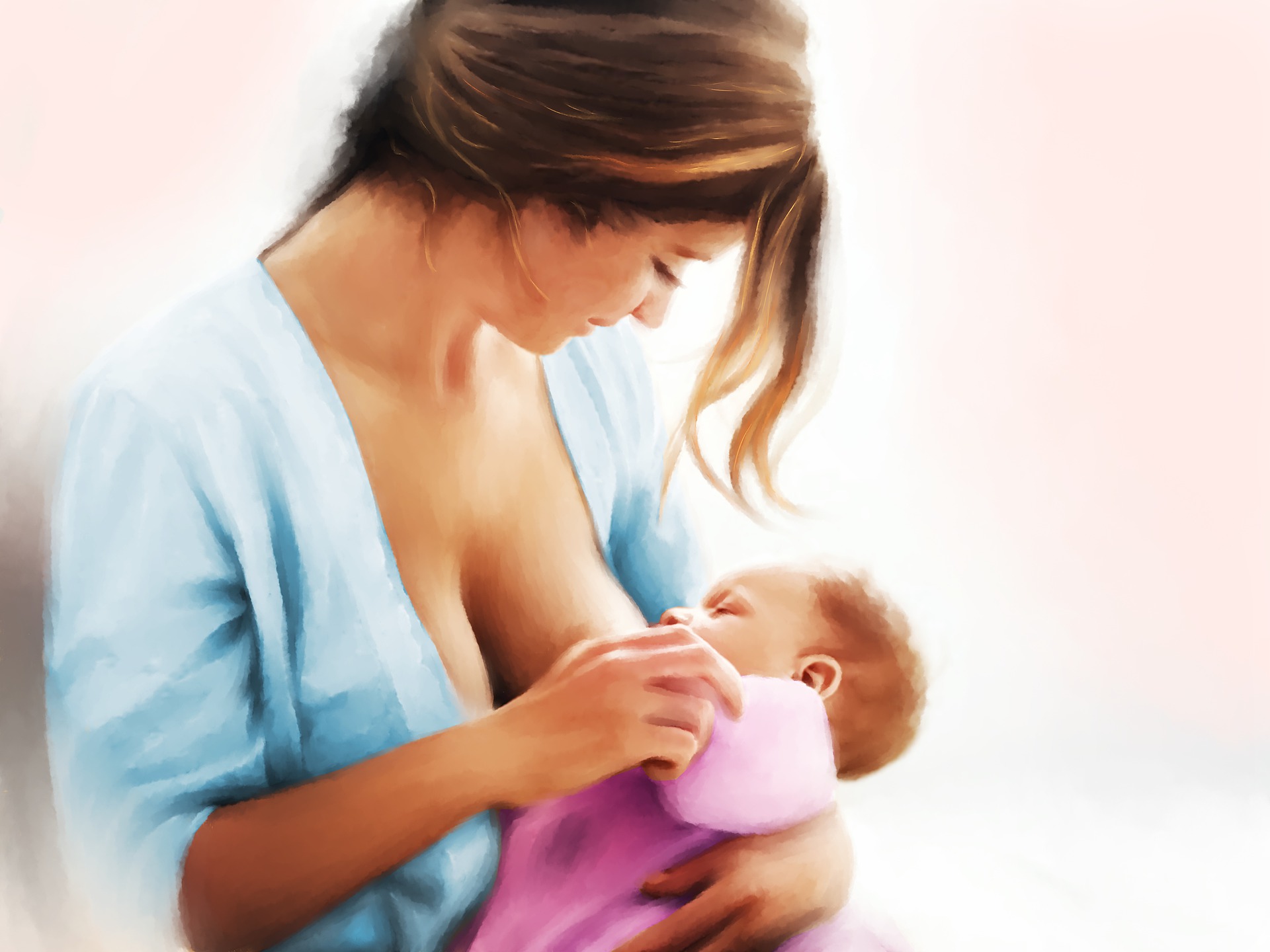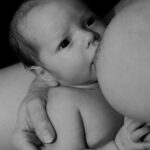List of Top 10 Foods to Avoid When Breastfeeding
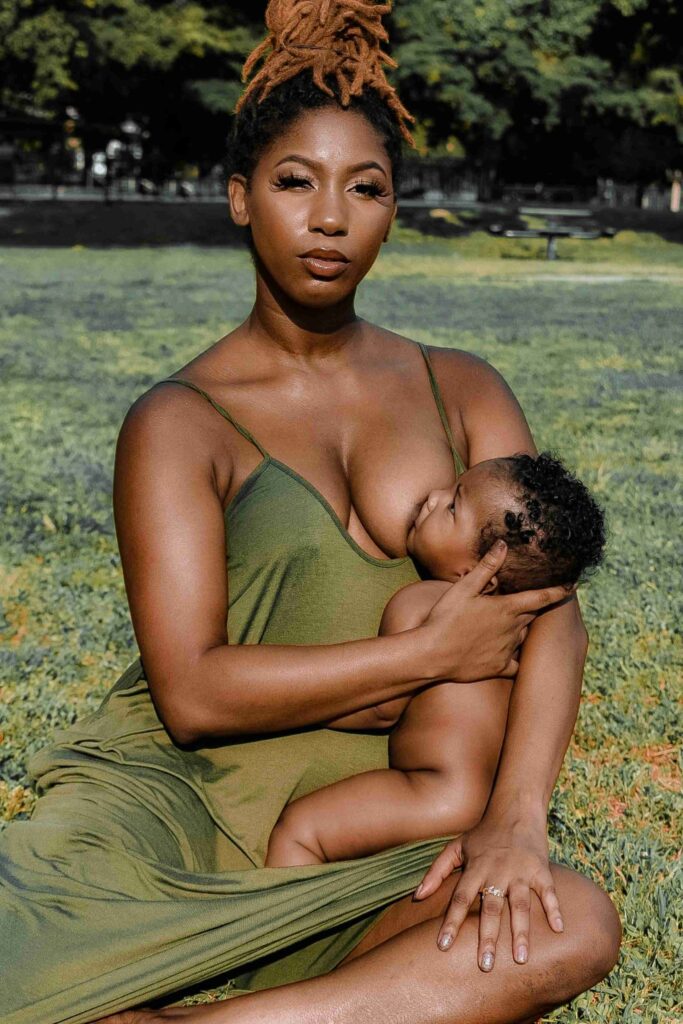
There are foods to avoid when breastfeeding or nursing. Eating these foods could affect your breastfeeding baby or even you. In this article, let’s discuss foods to avoid or limit their intake for your well-being and the baby. Without further ado, let’s get into it.
Foods to Limit While Breastfeeding
There are certain foods that you should eat in moderation or selectively while breastfeeding/nursing. The foods include:
1. Fish
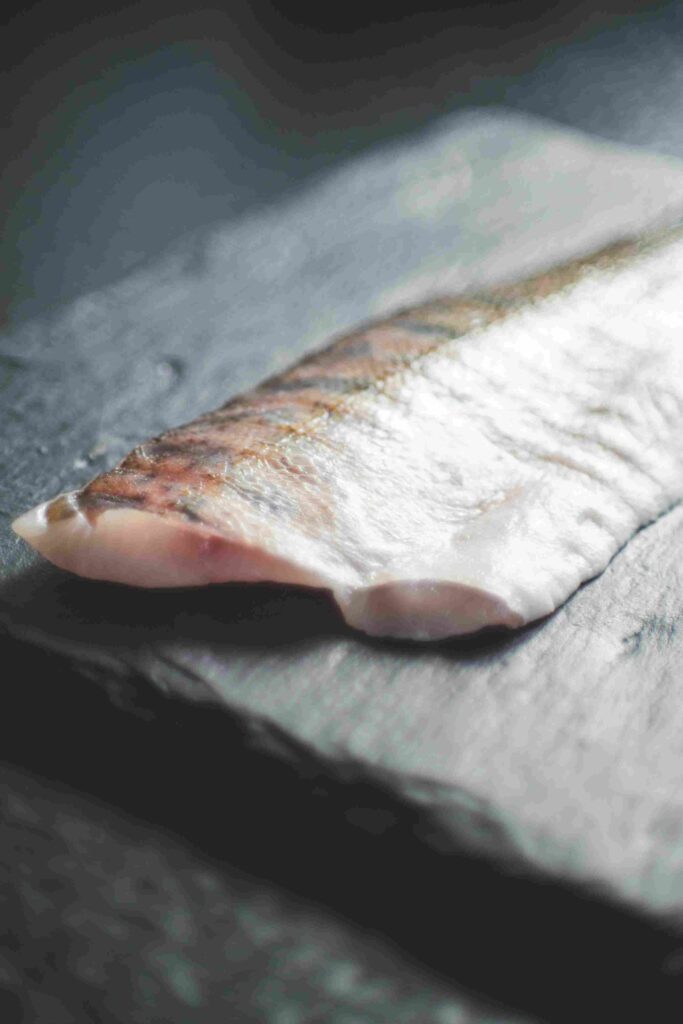
Aren’t fish healthy and a rich source of proteins? You might wonder. The truth is that fish is a rich source of proteins and other crucial nutrients.
However, some fish species contain heavy metals like mercury, and you should avoid them. Sharks, barramundi, rayfish, gemfish, and swordfish are examples of species that contain high levels of mercury and you should avoid eating them when breastfeeding.
Eating fish rich in mercury could affect the baby’s nervous system and brain development.
2. Chocolate
Almost every lady craves for chocolate. As much as chocolate is irresistible, you should limit their intake when breastfeeding. Chocolate has a laxative effect (softens stool) on the baby.
If you eat chocolate and notice your baby getting fussy or having a loose stool, it is time to stop it.
3. Garlic
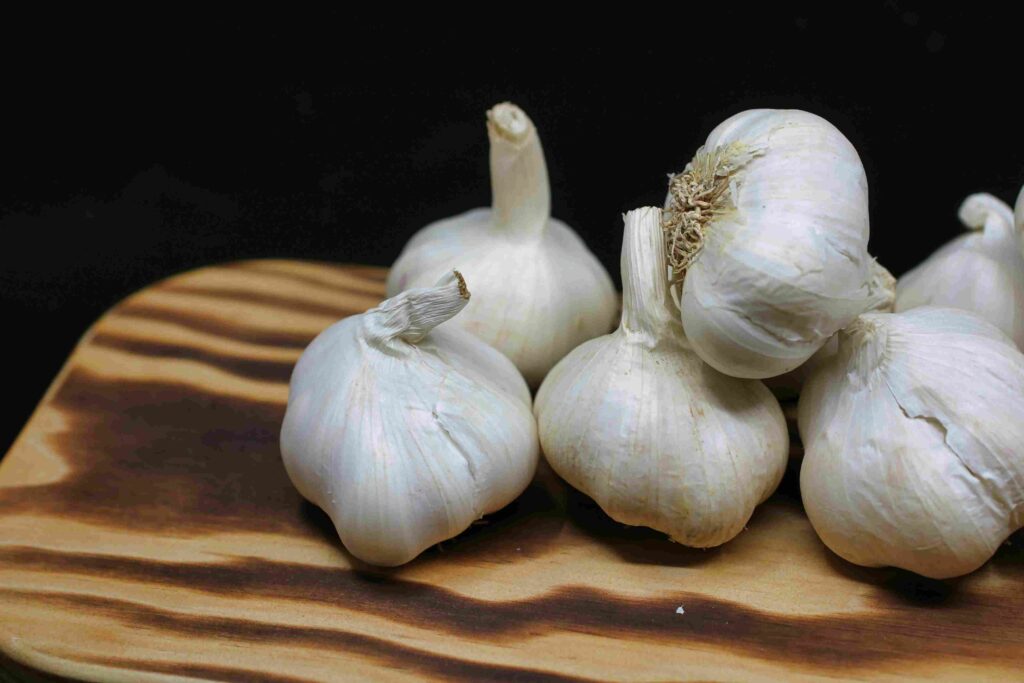
Have you tried kissing someone who’d eaten food spiced with garlic? Or let’s say, have you encountered someone whispering to your ears with a garlic smell in their mouth? Garlic stinks and leaves an unpleasant smell.
As a breastfeeding mother, if you eat garlic, it finds its way into the milk, giving it a “funny” smell and taste. Given the high sensitivity in babies, you might see them reluctant to breastfeed or make funny faces anytime they get closer to the breasts.
4. Peanuts/Groundnuts
Peanuts, commonly known as groundnuts, might adversely affect breastfeeding babies. If your family has a history of groundnuts/peanut allergies, it is advisable to go slow on the same while breastfeeding.
When you eat peanuts, it might get transmitted to the breastmilk and cause allergies to the baby. Breastfeeding babies’ most common peanut allergies include wheezing, hives, and rashes. If you see one or several of these symptoms in your baby, stop taking peanuts.
5. Dairy
Humans have consumed dairy for a long time, and therefore, eliminating it from your diet when breastfeeding is impossible. When breastfeeding, it is medically advisable to minimize dairy intake.
Dairy intake by lactating mothers might trigger health issues in babies, like eczema and stomach upsets.
6. Peppermint or Parsley
Peppermint gives juice and smoothies an incredible taste. The same goes for parsley when put in tea. Despite tickling your taste buds and leaving you contented, these two herbs might reduce your milk supply significantly.
If you must infuse these herbs in your fluids while breastfeeding, you should be wary of their adverse effects on your milk supply.
Foods to Avoid When Breastfeeding
Are there foods to avoid while breastfeeding, completely? The answer is debatable. However, this is a list of what not to eat while breastfeeding:
7. Citrus
Your doctor might have told you that fruits help breastfeeding mothers produce more milk and recuperate well. But did you know that citrus fruits like oranges, lemons, and pummelo can be chaotic for a breastfeeding baby?
A baby’s gastrointestinal tract takes some time to mature and might get irritated by citrus. Any time you eat citrus fruits while breastfeeding, you will notice them getting fussy, having loose stool, and spitting more.
Try other fruits like mangoes and pineapples instead of taking citrusy fruits while breastfeeding.
8. Wheat
Wheat is one of the foods to avoid while breastfeeding, thanks to the complications it induces on the baby. Most babies are gluten intolerant and will have a severe allergy when they breastfeed. They will develop colic, have bloody stool, and appear stressed.
You don’t have to use wheat products when breastfeeding small baby(babies) to test whether they are intolerant. The best way is to eliminate any wheat product from your diet until the baby’s gut develops. You can re-introduce the wheat slowly into your diet when the baby’s immunity is stronger.
9. Alcohol
It is obvious that alcohol intake during pregnancy should be off your diet and lifestyle. However, few mothers let their guard down and resume alcohol intake while breastfeeding, which is unhealthy.
Alcohol takes longer to metabolize and may be passed down to breastmilk, which puts the baby’s brain and nervous system development at risk.
10. Caffeine
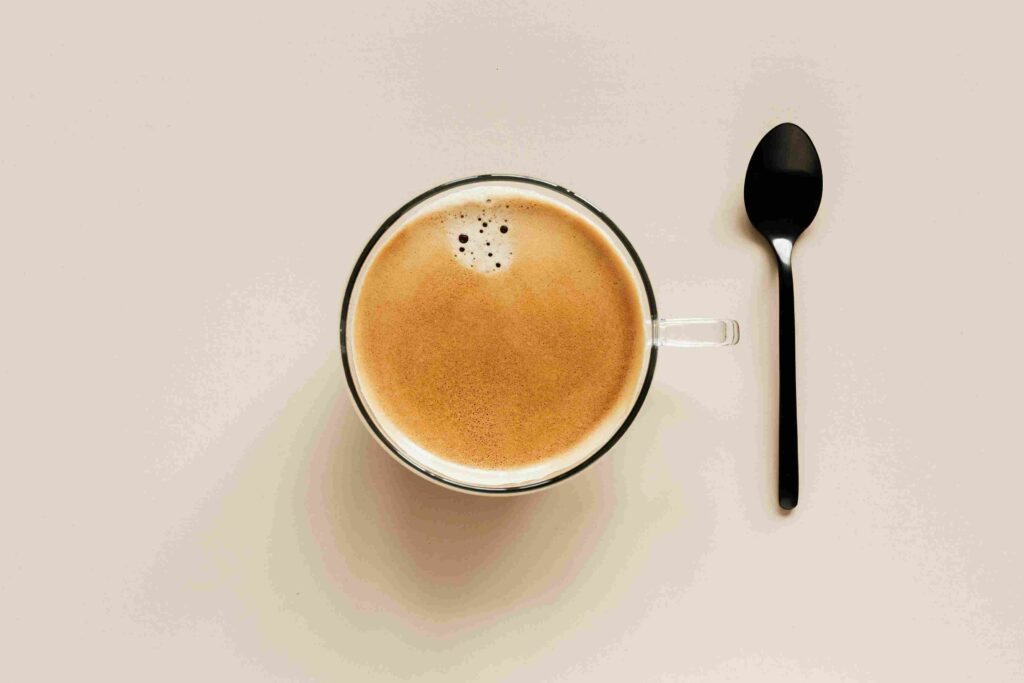
Studies have revealed that caffeine intake by breastfeeding moms may have a negative effect on the little one. Anytime you drink coffee, the caffeine flows through the milk ducts to your nipples. That explains why your baby appears jittery and insomniac after suckling.

If you must take your favorite coffee after a long day nursing your baby (babies), do so after they have breastfed. By the next time you will be breastfeeding them, the caffeine will be out of the body.
Similarly, you should pump some milk before taking some coffee.
Symptoms of Allergies to Foods in Babies
There are several symptoms of allergies to foods that baby might manifest. The symptoms include:
- Skin rash
- Eczema
- Diarrhea/loose stool
- Bloody/mucous stool
- Insomnia
- Colic
- Excessive spit-up/vomiting
- Wheezing/runny nose
- Coughing
If a baby shows one or more of these symptoms, they could be having a genetic history of allergy to certain foods. As a mother/caregiver, you should limit or avoid consuming the above foods since they risk the baby’s health.
Cow milk is the leading cause of allergies in babies and should be completely eliminated from their diet until their digestive system matures. Even then, it would help if you reduced cow milk consumption since it offers minimal benefits to your body.
You have almost eliminated a list of foods that I take to increase my milk production. What should I take? You might ask. I have compiled a list of healthy foods that increase milk production in this article.
Bottom Line
Remember, babies only react to certain foods due to their immature digestive system, food contamination, or genetic history of those allergies. There is no specific list of foods to avoid while breastfeeding, and therefore, you should be flexible enough to re-introduce some foods into your diet when the baby grows.
If the baby’s reactions/allergies persist after eliminating these ten foods, see a pediatrician for further diagnosis and possible treatment.
